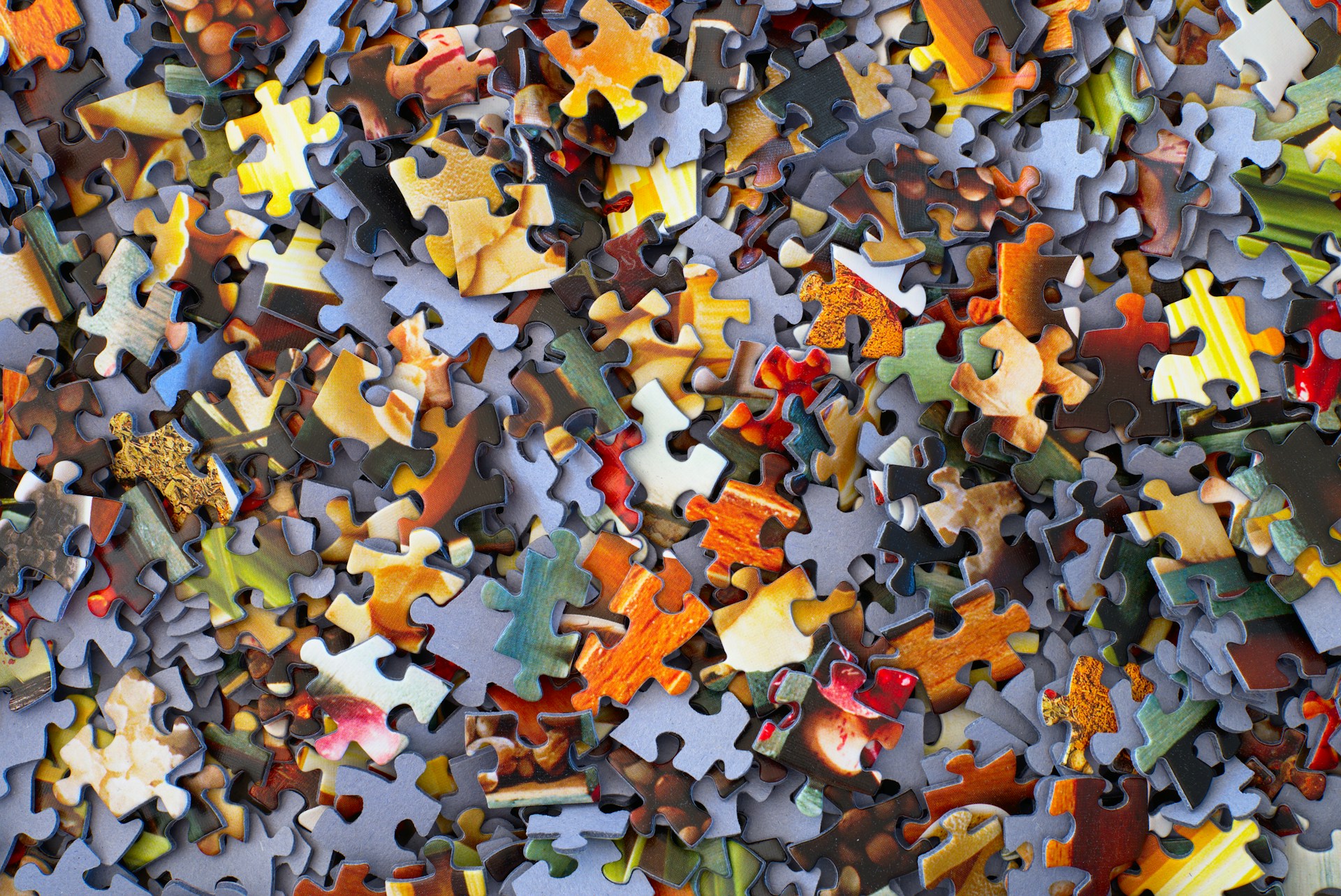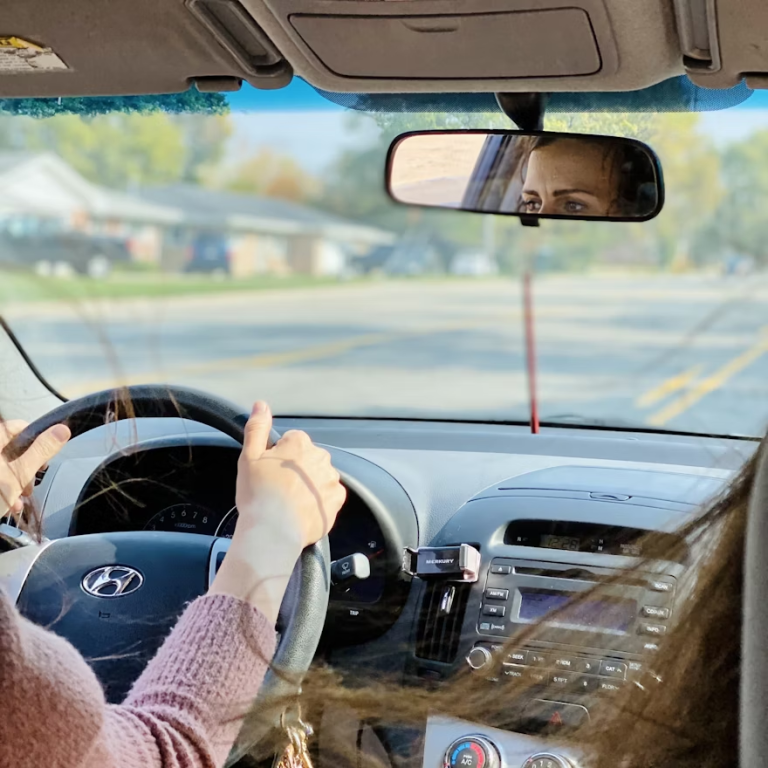How Jigsaw Puzzles Help Children Learn and Develop

Jigsaw puzzles are an old-fashioned childhood diversion of many generations of children. Though they may seem like a dull old enjoyment diversion at first glance, jigsaw puzzles are actually a very precious element in children’s childhood experience. Jigsaw puzzles challenge children’s small minds, hone problem-solving skills, and give a healthy feeling of accomplishment. From small wooden puzzles for young toddlers to difficult sets for children, jigsaw puzzles teach children and shape them in countless different ways.
Why Jigsaw Puzzles Matter to Childhood Development
Puzzles offer unique learning experiences that are enjoyable and educational. In contrast to most computer games, which rely on quick reaction, puzzles require patience, reflection, and focus. These qualities make them ideal instruments for developing skills to transfer into life.
Cognitive Advantages of Jigsaw Puzzles
Among the greatest things about puzzles is the way in which they stimulate cognitive development.
1. Memory and Recall
Kids must remember shapes, colors, and patterns in matching the right pieces. Repeating it again and again strengthens short-term memory and recall.
2. Problem-Solving Skills
Every puzzle is a puzzle in itself. Kids learn thinking for themselves, trying out possibilities, and solving problems—skills easily applied to the classroom and home.
3. Spatial Awareness
Puzzle piece problem-solving teaches kids how the world is related to one another in space. It increases their sense of space, and that is helpful for them in math, geometry, and science class.
Physical and Motor Ability Development
Jigsaw puzzles are not only mind-sharpening activity-physical skills are also mastered.
1. Fine Motor Skills
Spinning, rotating, and connecting pieces together sharpens hand-eye coordination and finger dexterity and readies children for writing, drawing, and other activities.
2. Hand-Eye Coordination
Merging hand motion and visual appeal to coordination required in sports, art, and everyday life.
3. Dexterity and Patience
Students must become adept at properly fitting pieces together and into their proper positions, developing patience and accuracy.
Emotional and Social Benefits
In addition to motor and educational skills, puzzles also provide emotional growth and social competence.
1. Building of Confidence
It gives children a sense of fulfillment when they solve a puzzle. This empowers them and boosts their self-esteem to challenge more complex tasks.
2. Creation of Perseverance and Patience
Puzzles are time-consuming, and children come to understand that patience is a reward. This makes them resilient in avoiding stubborn tasks at school or in life.
3. Enabling Teamwork
Because they are solved with peers, siblings, or parents, puzzles allow space for teamwork, communication, and cooperation.
Educational Worth of Themed Puzzles
Themed puzzles bring fun and learning together by generating interest in learning.
- Alphabet and Number Puzzles: Facilitate the acquisition of early literacy and numeracy skills.
- Geography Puzzles: Teach children about countries, capitals, and tourist attractions.
- Animal Puzzles: Introduce children to wildlife, habitat, and diversity.
- Story and Fantasy Puzzles: Encourage imagination and creativity.
For example, Animal Puzzles introduce children not just to animals but also generate an interest in nature and the world.
The Role of Puzzles in Early Childhood Education
Teachers and parents make frequent use of puzzles in early childhood education since puzzles are not only fun but also educational.
- Preschoolers can utilize big-piece easy puzzles to learn shapes, colors, and objects of everyday life.
- Older children of elementary school age can perform tougher puzzles that build concentration as well as problem-solving skills.
- Teenagers prefer complex sets that challenge patience and top-shelf problem-solving skills.
This adaptability makes puzzles a valuable resource throughout childhood.
Physical vs. Online Puzzles
With the modern digital age, traditional and online puzzles are at hand. Both have advantages:
- Physical Puzzles: Hands-on learning, touch of accomplishment, and reduced screen time.
- Online Puzzles: Convenient, flexible, and usually have interactivity for full engagement.
Parents may reach balance by offering both, and children thereby gain exposure to diversity as well as reinforcing foundational skills.
Parent Tips: Enjoying Most with Puzzles
To gain maximum utility out of puzzles, parents can integrate them into day-to-day life.
- Start with Foundations: Use puzzles relevant to the age and ability of your child.
- Increase difficulty gradually: Use progressively harder puzzles as your child grows.
- Choose Appropriate Themes: Use animal, car, or fantasy puzzles to appeal to children.
- Encourage Cooperation: Solve puzzles together in order to build communication and social skills.
- Reward Success: Give a reward to your child once they complete a puzzle to provide them with a confidence booster.
Long Term Advantages of Puzzle Play
Children who play puzzles regularly have long-term advantages:
- Enhanced mathematics, science, and reading abilities at school.
- Enhanced imagination and creativity.
- Enhanced patience and persistence in challenging situations.
- Enhanced memory and mental acuity.
Such skills prepare children not only for school but also for real-life problem-solving throughout their entire life.
Closing Thoughts
Jigsaw puzzles are not a diversion. They are useful tools to teach children, mold them, and thrive. From cognitive skills and motor skills to emotional resilience and collaboration, puzzles enhance all-round child development.
Theme sets, i.e., Animal Puzzles
Enrichment is accomplished by introducing children to the magic of nature. Puzzles, printed or electronic, continue to be one of the finest and most fun ways children learn practical life skills and have fun.






